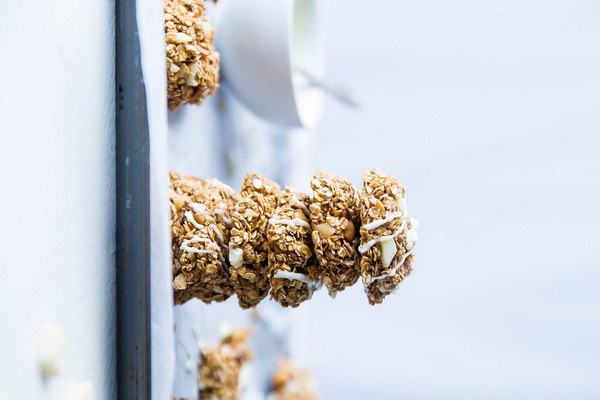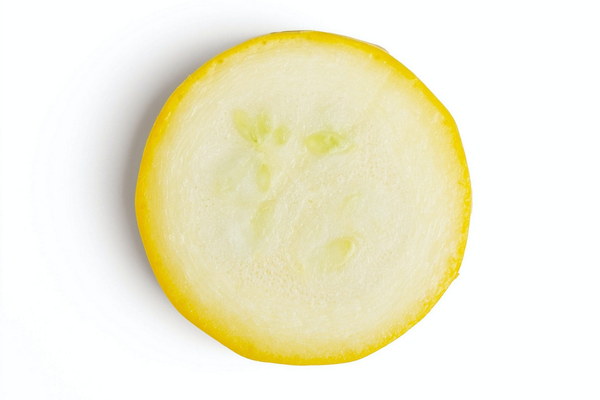Nurturing Hamster Babies A Guide to Feeding and Care
Raising hamster babies can be a delightful and rewarding experience for any pet owner. These adorable creatures require special attention and care, especially during their first few weeks. One of the most crucial aspects of hamster baby care is ensuring they receive the right nutrition. In this article, we'll discuss how to feed and nurture hamster babies to ensure their health and well-being.
Introduction to Hamster Babies
Hamster babies, also known as pups, are born blind, hairless, and completely dependent on their mother. It's essential to let the mother take care of her pups for the first few weeks. During this time, she will teach them essential survival skills and provide them with the nutrients they need to grow strong.
Feeding the Mother
The mother hamster's diet is crucial for the health of her pups. Ensure she has access to a high-quality hamster food mix, which should include seeds, grains, and fresh vegetables. Fresh water should always be available in a sipper bottle. During this stage, the mother will nurse her pups frequently, providing them with colostrum, a nutrient-rich milk that boosts their immune system.
Transitioning to Solid Food
Around three weeks of age, the pups will begin to explore solid food. Introduce a small amount of finely chopped vegetables, such as carrots, spinach, and kale. Offer these in a separate dish from the mother's food to avoid contamination. Gradually increase the amount of solid food as the pups grow, ensuring they receive a balanced diet.
Water and Hydration
Water is essential for the growth and development of hamster babies. Ensure the pups have access to fresh water throughout the day. You can use a small sipper bottle or a shallow bowl with a small rock to prevent drowning.

Temperature and Comfort
Hamster pups are sensitive to temperature changes. Maintain the cage temperature between 70-75°F (21-24°C) to keep the pups comfortable. You can use a heating pad placed under one side of the cage or a heating lamp to regulate the temperature. Keep an eye on the pups to ensure they are not overheating or getting too cold.
Handling the Pups
It's essential to handle hamster pups with care. Allow the mother to nurture her pups for the first few weeks before gently introducing yourself. When handling the pups, use both hands to support their bodies, as they can be fragile. Be gentle and avoid startling them, as this can cause stress.
Socialization
Socialization is crucial for hamster pups to develop healthy social skills. Introduce the pups to the cage's environment and other cage mates gradually. Ensure the cage is safe and free from potential hazards, such as sharp objects or escape routes.
When to Separate
Hamster pups can usually be separated from their mother around six to eight weeks of age. Before separating them, ensure they are fully weaned from their mother's milk and have developed strong teeth and a full coat. Provide each pup with a separate cage and introduce them to their new surroundings gradually.
Conclusion
Raising hamster babies can be a wonderful experience with the right care and attention. By following these guidelines on feeding and nurturing hamster babies, you'll help ensure a healthy and happy start to their lives. Remember to be patient and attentive to their needs, and you'll have a delightful time watching them grow and thrive.









